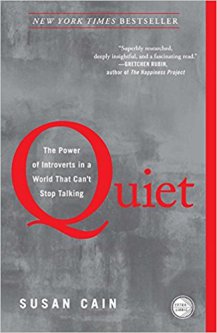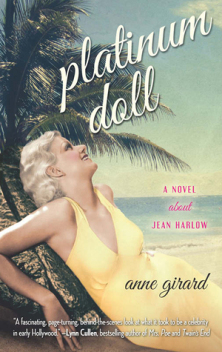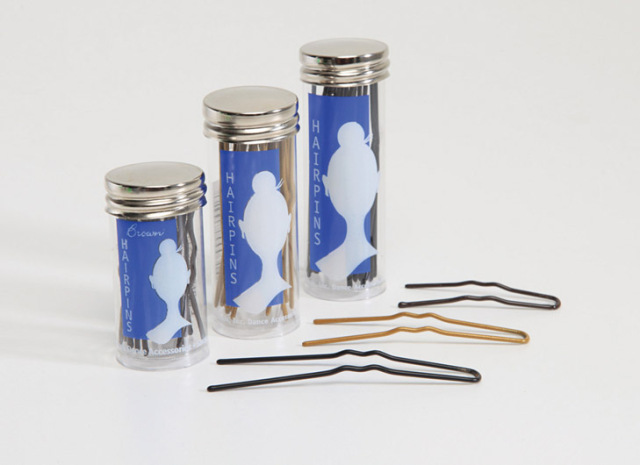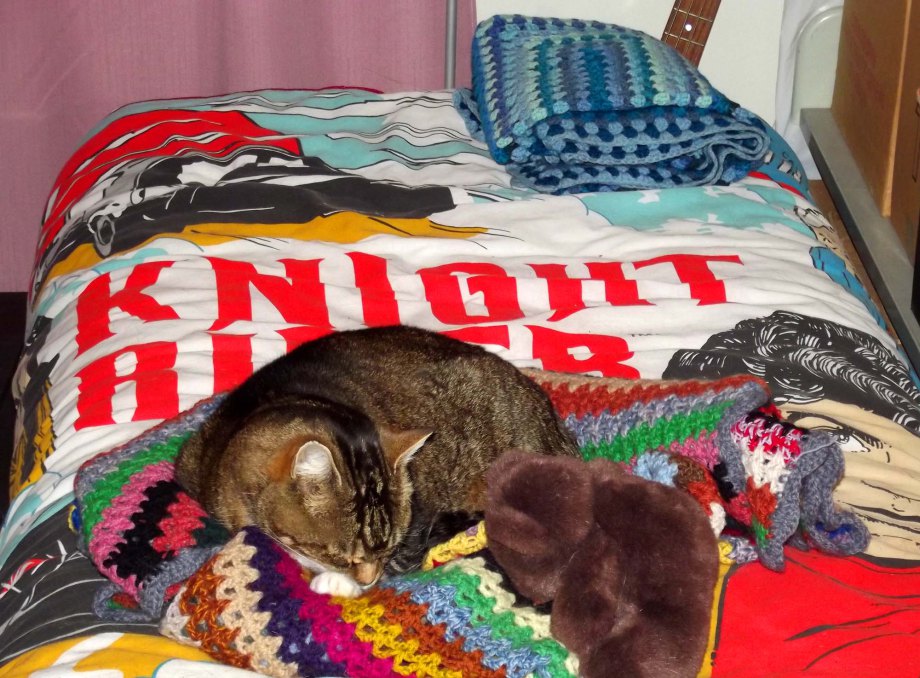Here is Episode 4 of my fantasy serial, “The Bridefarer’s Choice”.
If you missed any of the previous episodes, you can find them here
The Bridefarer’s Choice – Part 1
The Bridefarer’s Choice – Part 2
The Bridefarer’s Choice – Part 3
The story is proving longer than I expected. I will publish successive episodes every Monday (except for next Monday, of course, which is Christmas Day).
I very much hope you enjoy it!

The Bridefarer’s Choice – Part 4
I wondered who was tolling the church bell, and who had died.
I wondered who was sitting so heavily on my chest, until I could hardly breathe.
I wondered why I felt so cold, so icy cold, as cold as death, and yet my right arm burned as though in fire.
I forced open my eyes to the sight of mud. I was lying in it. The tolling of the bell became quieter as I realised that it was my pounding head. There was nobody sitting on me, but my ribs ached all round.
Carefully – very carefully – I raised myself so that I was propped on my left arm. The pain made my eyes water.
Wait! What’s this?
There was a note tucked into my belt. Slowly I edged around until I could lean against the wall, freeing my left hand to hold the note. My right hand was useless; just too painful to move.
“Dear Bumpkin,
In a fight, a good man with a quarterstaff will beat a master swordsman every day of the year. There is no charge for this lesson.
However, you know what to do. I suggest you’re quick about it.”
With the note to remind me…
I cringed with embarrassment. I hadn’t come anywhere near him, and he had toyed with me. He hadn’t even bothered to disarm me, simply used the staff to – hell, yes, there’s no other word for it – he’d used the staff to chastise me. And when he grew bored, he lured me into a rush and clipped me behind the ear as I lunged. No wonder my head was throbbing!
My pride suggested I shouldn’t allow the beating to drive me out of Merrydown. Groaning, I forced myself to stand. ‘Which is worse,’ I asked myself. ‘Limp out of town in humiliation, leading my horse because it’s too painful to ride, or stay here and take another beating with perhaps an even worse ending.’ Put like that, it wasn’t a hard choice to make.
I didn’t cover many miles that day, or the next, but the pain in my right arm was gradually easing. When I came across an inn on the second evening, I started to hope that my luck had changed.
It was pleasant to eat hot food after a diet of bread and cold meats. A glass of wine eased the discomfort of my bruises. There were a few sidelong looks from men at the bar, and I wondered whether word had reached them of my business.
A small, wiry man with grey hair approached my table, and asked if he might join me.
“Be my guest.”
“Perhaps you will instead be my guest? I hope so anyway. Let me buy you another beaker of wine.” He gestured to the serving man at the bar, who brought two beakers.
“Sláinte mhaith”
“Sláinte agad-sa”
The wine was good, much better than I’d received with my meal. What would this stranger want in exchange?
“You go bridefaring I hear?”
“What is that to you?”
“Ho! I rush in too quickly. My wife always says so. My name is Cieran.”
“And mine is Diarmid.” I took the hand that he extended and shook it, trying not to let him see how painful the action was. “Yes, I’m bridefaring. I ask you again; what is that to you?”
“Let me tell you a story,” countered Cieran. “There was once a man, a poor man, who came into possession of a magnificent jewel, worth ten thousand times the value of the whole village in which he lived. A lucky man, yes?”
“Most certainly.”
Cieran nodded approval of my answer.
“That was what he thought too. He hid it somewhere very secret and very safe. He told nobody, not even his wife. He was a patient man, and for several years he gloated over his great good fortune but did nothing.
Then, one day, a nobleman came to the village with a dozen soldiers. He asked questions, many questions. With a shrinking heart, the peasant realised that the nobleman was trying to find the jewel. He thought, ‘I shall take it to the town and sell it.’ And then he thought, ‘But which town? Who will buy such a gem? How could I spend the money, even if I could sell the stone?’ He shuddered with terror, hid the jewel even more secretly, and cursed his evil fortune.
The nobleman toured all the villages, and, not finding the jewel, came back to the village where the peasant lived. He took five elders of the village, and announced “Tomorrow I shall flog these curs until they are half dead, unless whoever holds the jewel brings it to me before midnight tonight.”
The peasant dug up the box holding the jewel, opened it, and gazed at it for a long time. It was so beautiful. He wanted it more than anything in the world. But it wasn’t worth the torture of his friends. At last, he wrapped it in a kerchief and took it to the nobleman.
The nobleman took it, examined it and declared himself satisfied. He gave orders for the release of the elders. Then he drew his sword, and lopped off the peasant’s head, as casually as a young boy knocking conkers from a tree.”
I looked at him, trying to understand what he was telling me.
“Some more wine?” he asked.
I held out my beaker and he filled it.
“You see,” he said, “in our village we have the priceless jewel, and already the nobleman is searching.
Ten years ago, in the dead of night, a woman all clad in silk and velvet came to the Oldest in our village. She brought her daughter, nine years old, a beautiful child with hair the colour of the morning sun, and eyes that changed like the northern sea. The daughter of the King of Denmark, she told us, who had been driven out of his kingdom by his brother. She begged that we would look after the girl, keep her safe and keep her hidden.
For ten years, Freya – for that is her name – has been cared for by our Oldest as though she were her own flesh and blood. She has guarded her, and taught her the virtue of purity. But now the young men are watching her, courting her.”
He shook his head.
“A Danish thane and his warriors came to our village two weeks ago, asking questions. We kept Freya hidden, for the thane owed fealty to the old king’s brother; he meant nothing good to Freya, we felt certain.”
He looked at me, with a wry smile. “You begin to see my problem, I hope?”
Indeed I did. If Freya married within the village, either she would draw the Danes like hawks to a lure, or she would have to take her husband into exile with her.
“You come from over the mountains,” said Cieran. “That is far from our village, far from the danger of the Danes. You could safely take her home and make her your wife.”
“If she’ll have me,” I laughed. “I’ve not been lucky in love so far.”
Even as I said the words, I thought of Mairin. Had I really not been lucky, or had I made a poor choice when I passed by her dwelling on my bridefaring?
“Oh, she’ll have you. Our Oldest has the Sight, and she told me where to meet you, what you looked like and what your name is. She says that Freya will go with you out of love and bear your child.”
A rage of ambition boiled up within me. A king’s daughter, beautiful, more beautiful than I could imagine! Why, if I could offer my sword to her father, who knows what I could win?
“Where is your village, Cieran?” I demanded.
* * * *
Advertisements Share this:






